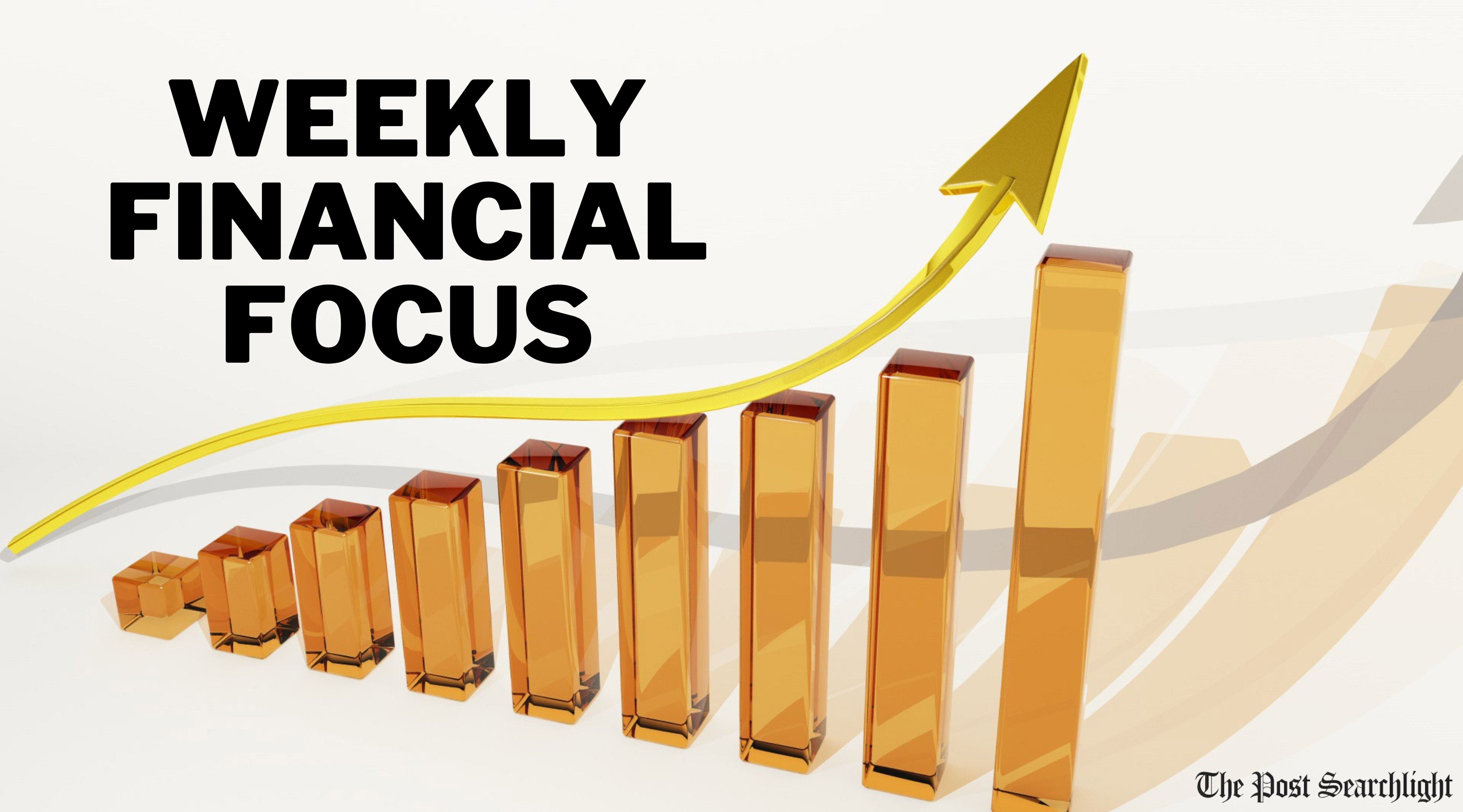Cash fact or fallacy?
Published 2:31 pm Tuesday, June 23, 2020
|
Getting your Trinity Audio player ready...
|
Combat common cash myths with cold, hard facts.
We hear it all the time. Cash is king. And like a monarch, cash isn’t worth much if it just sits there. As a rule, even Warren Buf¬fett keeps enough cash on hand to seize potential investment opportunities and to serve as ballast in rougher market environ-ments. Cash and cash alternatives have emerged as viable sources of rela¬tive liquidity while offering a hedge against downturns.
So how much cash should you put to work? Here are a few myth-busting facts to help you find that cash sweet spot.
FALLACY: CASH DRAGS ON PERFORMANCE.
FACT: Cash’s performance may seem lackluster during rising markets, but its low risk/reward profile is intended to provide stable value during market declines. During periods of rising interest rates or stock market turbulence, cash tends to do well relative to other asset classes. It’s not hard to find ways to earn interest on your cash, even when the Federal Reserve changes its benchmark rate. Holding cash or cash alternatives is part of a well-allocated portfolio in which diversification of asset classes may offer different benefits in a variety of market environments.
FALLACY: CASH IS FOR COFFEE AND CONVENIENCE STORES.
FACT: Think of cash in two ways: everyday spending and stra¬tegic cash for future needs. While the $20 bills in your wallet offer a convenient way to pay for everyday items, cash in your port¬folio buys you time to think. Access to enough liquidity gives you flexibility during times of opportunity or uncertainty. You need confidence and capital to add fundamentally sound positions to your portfolio when the stock market is “on sale.”
FALLACY: CASH IS FOR SKEPTICS.
FACT: A right-sized cash cushion can actually be a sign of opti¬mism. If market turbulence makes you skittish, increasing your allocation in cash might restore your confidence in your long-term financial plan. Plus, cash tends to do well as a “defensive asset” with low or negative correlation with equities.
Some investors may try to chase yield during unexpected market movements or low-interest-rate environments. But when it comes to cash, access is very important. How much you hold depends on your risk tolerance and your investment objectives, but everyone can benefit from a cash cushion to stave off impul¬sive selling in shaky markets or pay for unplanned expenses.
PROGRESS NOT PERFECTION
There’s a reason investing pros do not recommend stuffing the proverbial mattress with cash. Holding too much cash for too long could mean missing out on stronger performance from other asset classes or losing buying power to inflation. Ask your advisor for help optimizing your payable, on-demand cash so you gain low-risk, high-liquidity flexibility to help you make progress toward your long-term goals.
NEXT STEPS
When trying to determine how much cash to keep on hand:
• Adopt a moderate approach
• Consider your risk tolerance
• Talk to your financial advisor about your investment goals
Investing involves risk and you may incur a profit or loss regardless of strategy selected. U.S. Treasury securities are guaranteed by the U.S. government and, if held to maturity, offer a fixed rate of return and guaranteed principal value. Certificates of deposit offer FDIC insurance and a fixed rate of return. The mar¬ket value of fixed income securities may be affected by several risks including interest rate risk, default or credit risk, and liquidity risk.
Sources: Investopedia; fdic.gov; sipc.org; reuters.com
Material created by Raymond James for use by its advisors. The information contained herein has been obtained from sources considered reliable, but we do not guarantee that the foregoing material is accurate or complete. Raymond James is not affiliated with any other entity listed herein. © 2020 Raymond James Financial Services, Inc., member FINRA/SIPC. Securities offered through Raymond James Financial Services Advisors, Inc. Investment Advisory Services offered through Raymond James Financial Services Advisors, Inc. 20-BDMKT-4144 FJD 4/20
Stephen P. Poitevint, Inc. is not a registered broker/dealer and is independent of Raymond James Financial Services. Securities offered through Raymond James Financial Services, Inc., member FINRA/SIPC. Investment Advisory Services offered through Raymond James Financial Services Advisors, Inc.
Stephen P. Poitevint, Financial Advisor, is located at 908 Tallahassee Highway, Bainbridge, Georgia, and can be contacted at (229) 246-7208 or www.poitevint.com.





